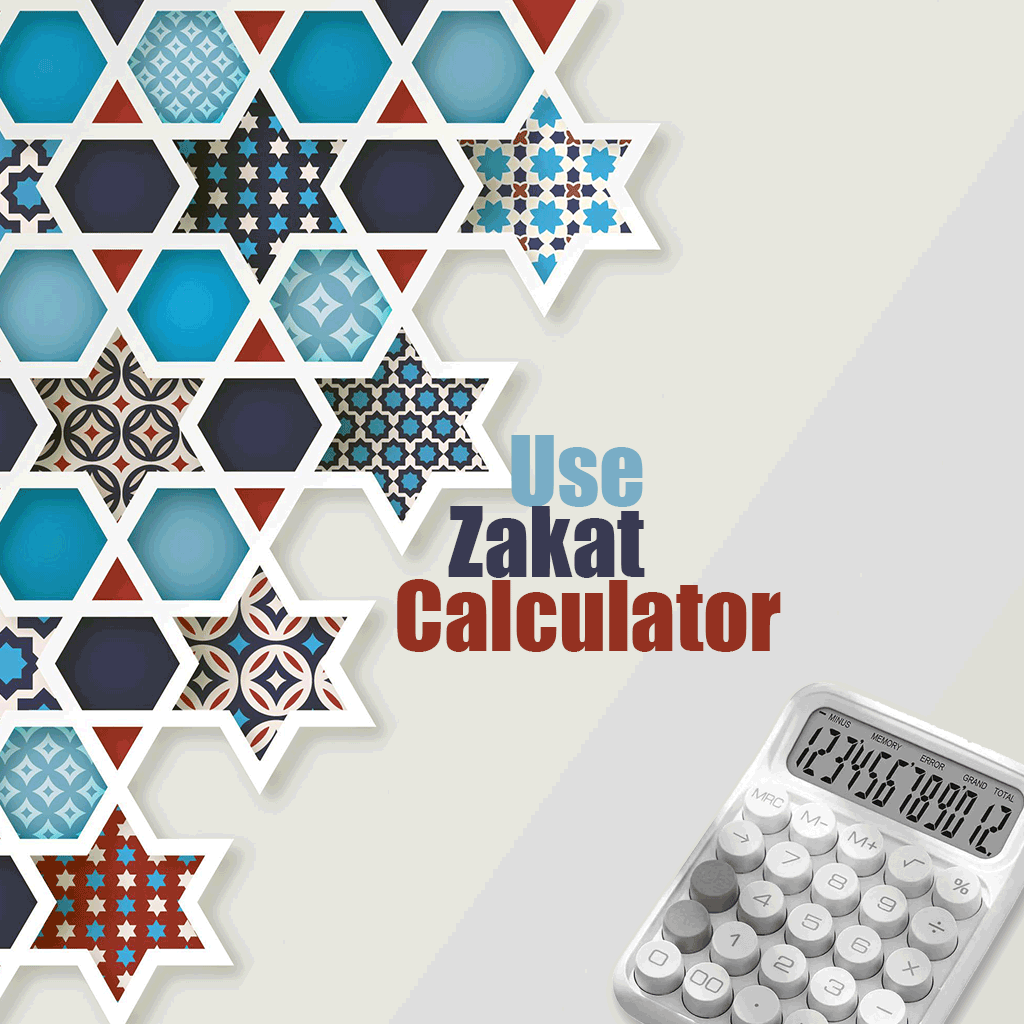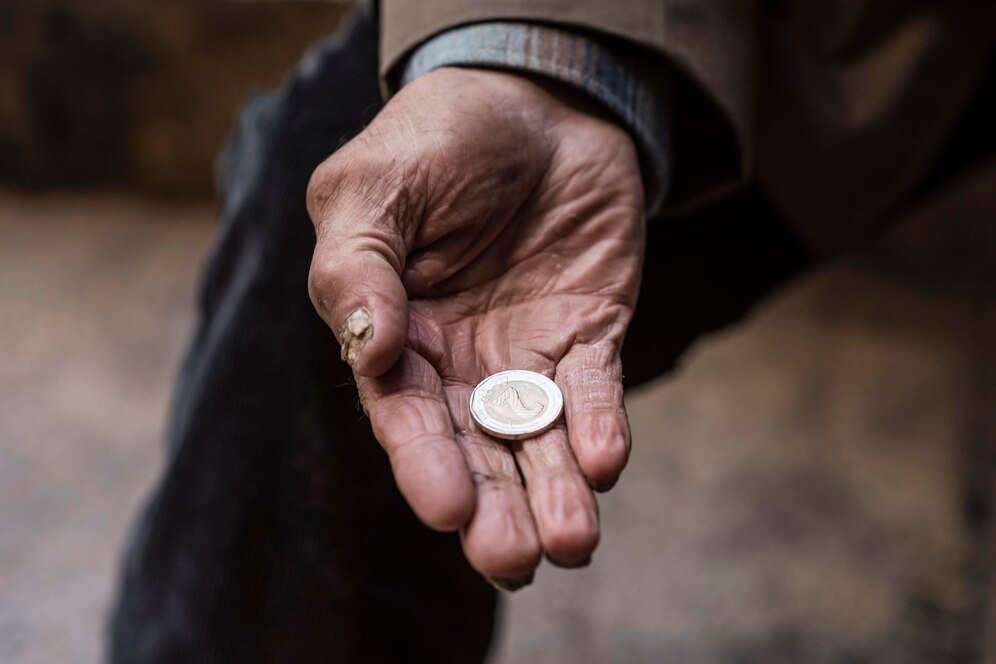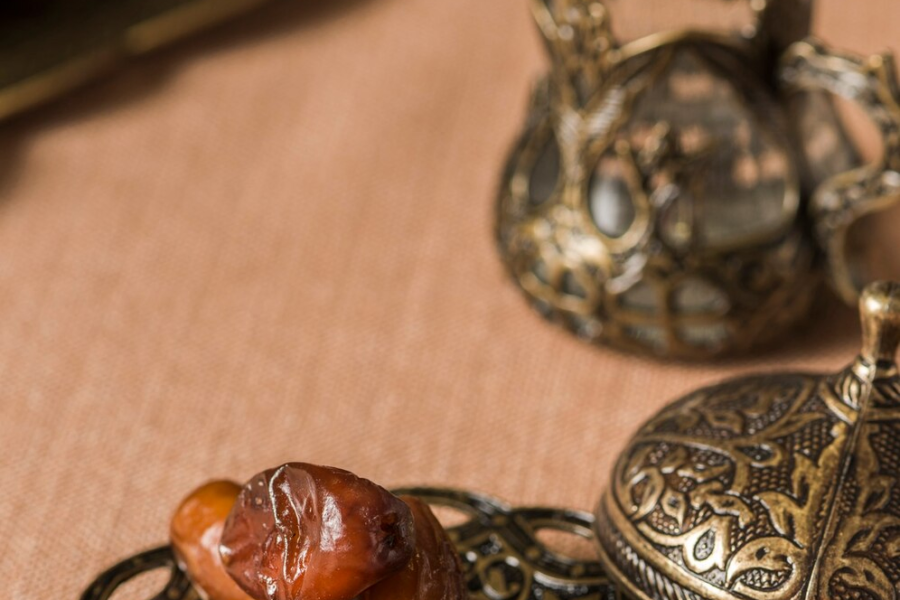Sadaqah is for everyone. That’s one of the most beautiful things about it. There are no strict rules about who can give and who can receive. Unlike Zakat, which has conditions, Sadaqah is open, flexible, and accessible — both in how it’s given and who benefits.
The most beloved deed to Allah is the most regular and consistent, even if it is small.
Who Can Give Sadaqah?
Anyone. There are no wealth thresholds or religious requirements for giving Sadaqah. You don’t need to be rich, and you don’t even need to be Muslim. Sadaqah is an act of kindness and generosity — and everyone can take part.
You can give Sadaqah if you are:
- A child being taught to share
- A student with £1 to spare
- A parent trying to teach your children generosity
- A non-Muslim giving to a good cause
- Someone going through hardship, but still choosing to help others
Even if you have little, your sincerity is what matters most.
“The most beloved deed to Allah is the most regular and consistent, even if it is small.”
(Sahih al-Bukhari, 6464)
What Counts as Sadaqah?
Sadaqah isn’t just financial. Anyone can give something of value, whether it’s money, time, a smile, or advice. All of these can be a form of Sadaqah:
- Donating £1 to a food bank
- Helping a neighbour carry shopping
- Smiling at someone who feels unseen
- Giving advice or encouragement
- Saying a kind word
- Making du’a for someone
Every person has something to give.
Who Can Receive Sadaqah?
This is where Sadaqah is more flexible than Zakat. While Zakat has eight defined recipient categories, Sadaqah can be given to anyone in need, regardless of their religion or financial situation.
You can give Sadaqah to:
- The poor and hungry
- Orphans and widows
- Your friends and neighbours
- Struggling families
- People in crisis — refugees, victims of war or natural disasters
- Non-Muslims
- Animals in distress
- The environment (yes, planting a tree or cleaning up litter counts too)
Even giving Sadaqah to a stranger who may never know your name carries reward.

Giving Sadaqah to Family and Friends
Many people forget that family is one of the most rewarding places to give Sadaqah.
“Charity given to a poor person is charity, but charity given to a relative is both charity and upholding ties of kinship.”
(Sunan al-Tirmidhi, 658)
You can give to:
- Siblings
- Cousins
- Uncles and aunts
- In-laws
- Grandparents
As long as they are not financially dependent on you (like your spouse, children, or parents), you are free to give.
Giving Sadaqah to Non-Muslims
Yes, you can give Sadaqah to non-Muslims. Islam encourages kindness and compassion to all of humanity. The Prophet ﷺ gave gifts and charity to his non-Muslim neighbours. If someone is in need, you help them — faith is not a barrier to mercy.
Receiving Sadaqah While Struggling
If you are going through hardship, there is no shame in receiving Sadaqah. Islam honours those who are struggling and encourages the community to lift one another. Accepting help is not weakness — it’s part of how we’re meant to support each other.
And when your situation improves, you can pay it forward.guidance.



Give and Receive Sadaqah FAQ's
Yes. You can help discreetly or gift it in a way that maintains their dignity.
Yes. Feeding birds, watering plants, or protecting the environment are all forms of Sadaqah.
Yes. Islam encourages kindness to all, especially neighbours.
Yes — give a smile, time, kindness, advice, or help. Sadaqah is not limited to money.







Sign up